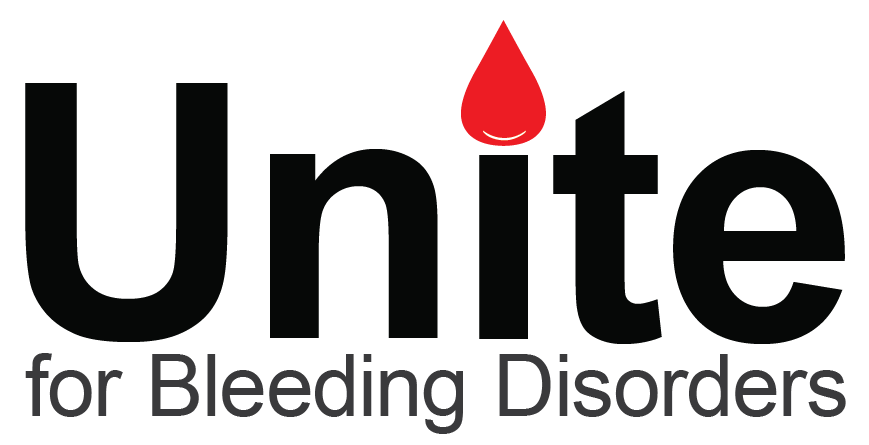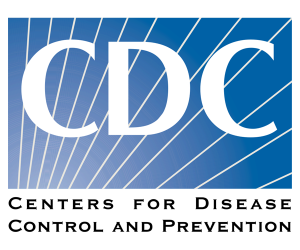Choosing a healthcare plan that is right for you and your family is one of the most important decisions you will make every year. Luckily, the Affordable Care Act (ACA) added numerous consumer protections that apply to all types of plans whether you have a plan through your employer, have a marketplace plan, an individual plan outside of the marketplace, Medicaid, or another health insurance plans.
Health insurance coverage can be private (purchased or covered through your employer) or public (through the state or federal government). But, no matter how you get your health insurance, you will likely have to make some decisions and these decisions should be carefully considered. Also, insurance doesn’t pay for everything. Typically, it pays most of the bill, but you will still have to pay something (cost-sharing). The amount you pay depends on the kind of plan you have. Usually, the more you pay per month to have insurance (premium), the less you’ll have to pay when you go to the doctor or fill a prescription.
NBDF's Health Insurance Toolkit will help you with the process. It contains worksheets to help you figure out costs, a glossary of terms, helpful fact sheets, and links to available resources.
Private Insurance
Private Health Insurance Options are plans paid for by you to a private insurance company through your employer, the marketplace, or outside of the marketplace.
Public Insurance
Public Health Insurance is subsidized by the state or federal government and includes programs like Medicaid, Medicare, and CHIP.
Tips for Calculating Treatment Costs
Compiled by HTC social worker, Audra Leblanc:
Often times, there are additional fees associated with your clinic visit besides your co-payment, and these charges are not always clear just by looking at your summary of benefits. It is important to contact your insurance company prior to your clinic visit to identify other possible charges. For example, lab work is usually not included in your co-pay and there may be a facility fee that is not included either. Given our experience and understanding of how complicated it can be to navigate the insurance world, we created the following list of questions for you to consider when talking with your insurance provider.
Questions to ask your insurance provider:
Do I need pre-authorization for my visit to the HTC in order to receive coverage?
If I get a pre-authorization to be seen at the HTC, how will my insurance coverage be applied?
Please Note: We have encountered situations where patients received authorized by their insurance to get labs done at the HTC because they couldn’t be done by their in-network provider. These patients were later charged for the labs because they were done out-of-network. Therefore, authorization is not a guarantee of coverage.
In addition to my co-pay, are there other fees I can expect to be charged? For example, a facility fee, a separate physician fee, etc.
What can I expect to pay for labs? Keep in mind that many plans require you to meet your deductible before labs are covered. Also, labs are optional. Please talk with your provider to discuss financial concerns and determine what labs are necessary at this time and the reasoning.
Labs that are typically drawn and their CPT codes. You can share these with your insurance provider to get a more accurate quote:
Hemophilia Specific:
Factor Inhibitor – 85335
CBC – 85025, 85027, or 85004
Comprehensive metabolic panel – 80053
Factor VIII Activity – 85240
Note: 4-6 measurements of these make up a half-life and recovery study, which is a test we sometimes do to see how long factor stays in one’s system.
Factor IX Assay – 85250
25 Hydroxy Vit D – 82306
Von Willebrand Antigen – 85246
Von Willebrand Activity-Ristocetin – 85245
Von Willebrand Factor Multimer – 85247
Blood Type (ABO/Rh) – 86900/86901
Thrombosis Specific:
Protein C, Functional – 85303
Protein S (free) – 85306
Antithrombin – 85300
dRVVT (dilute Russell Viper Veriom) – 85613
ACA (anticardiolipin antibody) IgG & IgM – 86147×3
Beta 2 glycoprotein I antibody, IgG, IgM, IgA – 86146×3
PT/INR – 85610
DDimer – 85378
Factor VIII Assay – 85240
Factor V Leiden (DNA) – 83891, 83896×2, 83898, 83912
Prothrombin Mutation 20210 (DNA) – 83891, 83896×2, 83898, 83912
Lipoprotein (a) – 83695
Homocysteine – 83090
What expenses get applied toward my deductible?
How is Factor covered?
Please Note: Factor is most often covered under major medical, so if you're talking with an insurance rep who can’t find factor information under prescription coverage ask them to check under major medical.
Where can I get factor? Is there a specific specialty pharmacy I need to use?
Are there only certain brands of factor covered and if so, what are they?
Ask about your coverage for imaging. We sometimes recommend imaging to assess joints and bleeding.
After speaking with your insurance provider, consider asking them to provide some verification of your conversation so you can reference it in the future if needed.











